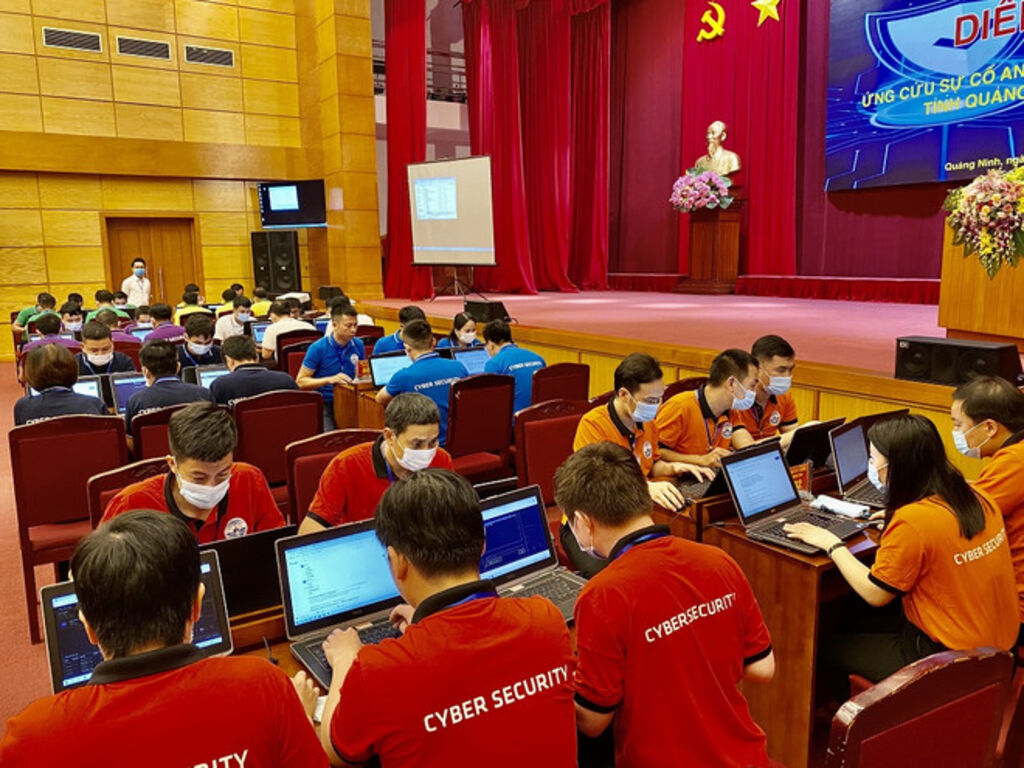 |
| The draft proposes provisions on the issuance of cybersecurity certificates to enhance capacity standards and professionalism within the sector__Photo: baoquangninh.com.vn |
The Ministry of Public Security has recently revealed a report on the draft Law on Cybersecurity, which consolidates the two existing laws, i.e., the 2018 Law on Cybersecurity and the 2015 Law on Cyberinformation Security.
The draft law, comprising 58 articles, focuses on ensuring the consistency and coherence of the legal system, eliminating overlaps and conflicts between the two current laws, and establishing a clear and transparent legal framework to meet the requirements of cyberspace management and protection.
The draft is also expected to strengthen the nation’s capacity to prevent, and mitigate the consequences of, cyberattacks, while ensuring conformity with international commitments and standards on cybersecurity. In addition, it aims to promote technology research and innovation, thereby enhancing Vietnam’s competitiveness in the sector of cybersecurity.
Under the draft law, several new provisions are introduced, including those on ensuring data security and identifying IP addresses, establishing financial mechanisms for cybersecurity protection, and promoting the use of Vietnamese cybersecurity products and services. The draft also proposes provisions on the issuance of cybersecurity certificates to enhance capacity standards and professionalism within the sector.
According to a representative of the National Assembly’s Committee on National Defense, Security and Foreign Affairs, the committee supported the need to promulgate a new law on the basis of merger of the two existing ones mentioned above. This will eliminate overlaps, clearly define the authorities of state management agencies, and promptly institutionalize the Party’s policies on ensuring cybersecurity amid the context of digital transformation.
Meanwhile, the committee suggested the inclusion of provisions prohibiting the use of artificial intelligence (AI) to create, alter or disseminate false information, fake identities, defamation, fraud or acts that threaten national security and social order. This measure is viewed as an important step in curbing the growing risks associated with “deepfake” technologies, fake news, and fabricated videos on digital platforms.
For information systems that are critical in terms of national security, the committee recommended clearly defining protection levels (from one to five) to specify corresponding safeguard tasks and measures, while unifying criteria for assessing levels of damage across different target groups to ensure logical and feasible application.
Regarding the prevention and handling of cybersecurity-related violations, the committee stressed the importance of extending the scope of protection to vulnerable groups, such as the elderly, persons with disabilities, and individuals with limited civil act capacity, in addition to children - the category that has been regulated by the draft law.
The committee also emphasized the need to devise measures to prevent the use of AI in falsifying the images or likenesses of celebrities and their relatives for the purposes of defamation, deception or property appropriation.- (VLLF)









